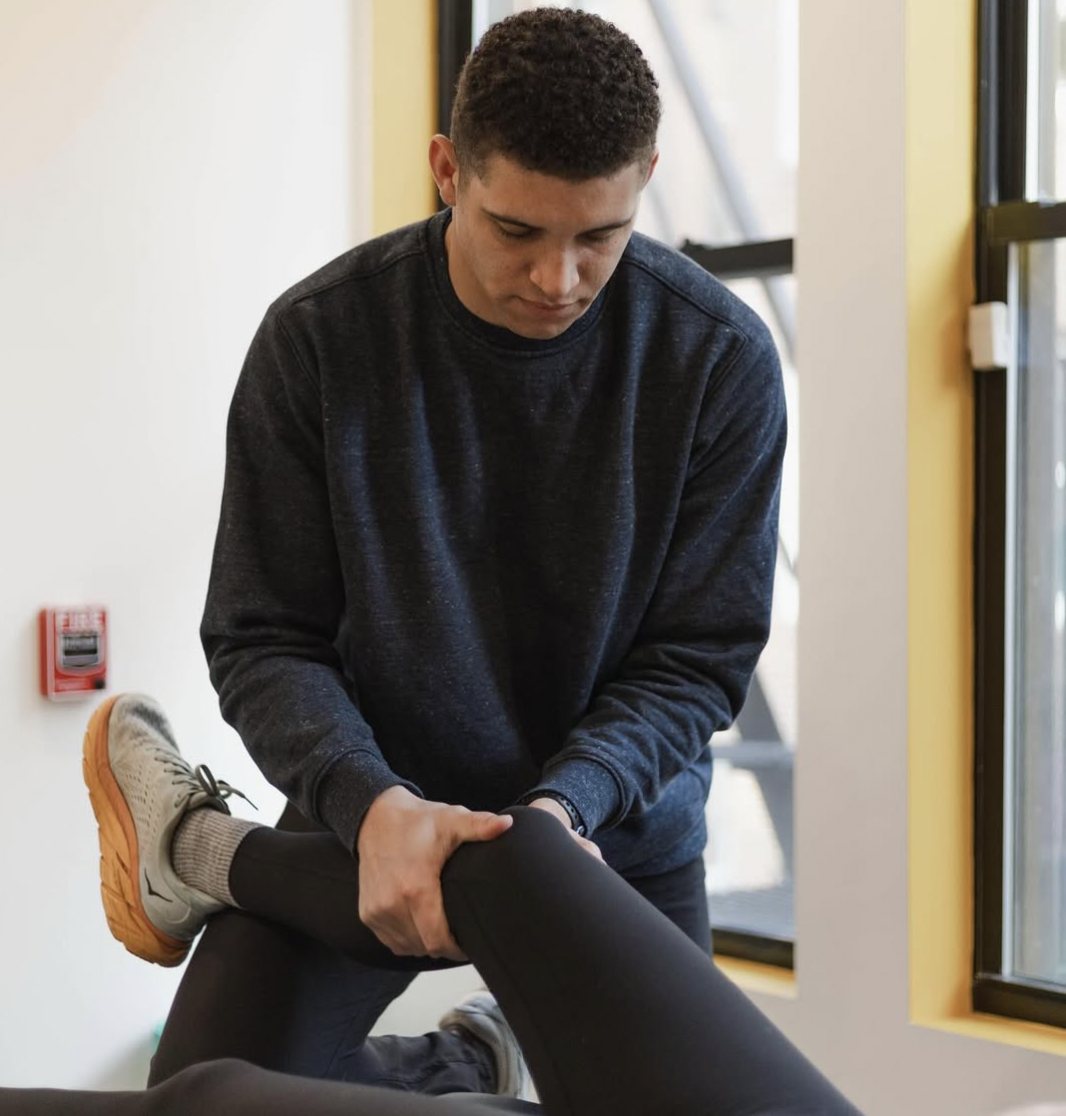How Physical Therapy Can Help You Train Smarter, Not Harder, for Your Next Race

When preparing for a race, it’s easy to think that more mileage or faster paces are the keys to better results. But the reality is that smart, structured training consistently outperforms the “no pain, no gain” mindset. Training harder without a plan often leads to fatigue, nagging injuries, and missed performance goals.
Runners who don’t give their bodies time to adapt can quickly fall into the trap of overtraining. Symptoms like lingering soreness, decreased motivation, and plateaus in performance are all signs that the body isn’t recovering properly. Pushing through these warning signals can do more harm than good.
That’s why smarter training — guided by data, personalized adjustments, and proactive recovery — is the real secret to long-term success. And it’s exactly where physical therapy makes a difference. At Ripple in Boston, runners learn how to train more effectively by understanding their body’s needs and building strength, mobility, and balance into their programs.
The Role of Physical Therapy in Race Preparation
Training for a race isn’t just about logging miles — it’s about building a body that can handle those miles efficiently and without injury. Physical therapy plays a vital role in helping runners prepare intelligently by identifying potential issues before they become setbacks.
At Ripple, every runner begins with a thorough evaluation that includes movement analysis, mobility testing, and a review of past injuries or training challenges. This screening process helps uncover the root causes of discomfort, inefficiencies in running form, or imbalances that could lead to injury.
From there, physical therapists design individualized treatment plans that align with your training schedule. Whether you’re in a base-building phase or heading into peak mileage weeks, your plan may include mobility work, strengthening exercises, manual therapy, or recovery strategies that support your unique goals.
This proactive approach not only improves performance — it also helps runners avoid the frustrating cycle of training hard, getting injured, and starting over.
Optimizing Running Form for Efficiency and Longevity
Small inefficiencies in running form can lead to big problems over time. Whether it’s an uneven stride, excessive heel striking, or poor posture, subtle issues in mechanics can wear down the body and limit performance — especially as training volume increases.
At Ripple, physical therapists use gait analysis to break down how your body moves with each step. This includes evaluating joint alignment, stride length, cadence, and ground contact. With this detailed insight, they can identify movement patterns that may be slowing you down or putting unnecessary stress on key areas like the knees, hips, or lower back.
From there, therapists implement targeted strategies to improve efficiency — such as mobility drills, strength training for key stabilizers, and cues to refine running posture. These changes aren’t about completely overhauling your stride; they’re about making small, sustainable adjustments that help you run more fluidly, with less effort and lower injury risk.
When your form supports your performance, every mile becomes more productive — and your body stays healthier over the long haul.
Preventing Setbacks with Proactive Treatment
One of the biggest advantages of incorporating physical therapy into your race prep is the ability to stay ahead of injuries — not just react to them. Runners often wait until pain becomes disruptive to seek help, but by then, the damage may already require extended time off from training.
At Ripple, the focus is on early detection and prevention. Physical therapists are trained to identify the small signs that can indicate future problems — like asymmetrical movement, joint restrictions, or muscle fatigue — and intervene before they turn into injuries.
This proactive care includes more than just exercises. It also involves strategic mobility work, soft tissue therapy, strength programming, and recovery education, all built around your race timeline. By taking this comprehensive approach, runners can address weaknesses, manage training stress, and maintain consistent progress without interruption.
With consistent check-ins and guidance, Ripple ensures your training stays on track — and your body stays resilient, strong, and ready for race day.
Ripple’s Approach to Smarter Race Prep in Boston
At Ripple, training smarter isn’t just a philosophy — it’s a hands-on process tailored to each runner’s body, goals, and race timeline. Whether you're preparing for your first 5K or your tenth marathon, Ripple’s physical therapists provide the tools and insights you need to optimize your performance without risking injury.
What sets Ripple apart is its personalized, one-on-one care. You won’t find cookie-cutter programs here — instead, you'll work closely with a therapist who understands the demands of running and who tailors every treatment, drill, and progression to support your training cycle.
Through performance assessments, gait analysis, mobility work, and recovery planning, Ripple helps Boston-area runners train efficiently, avoid setbacks, and cross the finish line feeling stronger than ever.
Book your race prep consultation and learn how to make every mile count — with less strain and more confidence.


